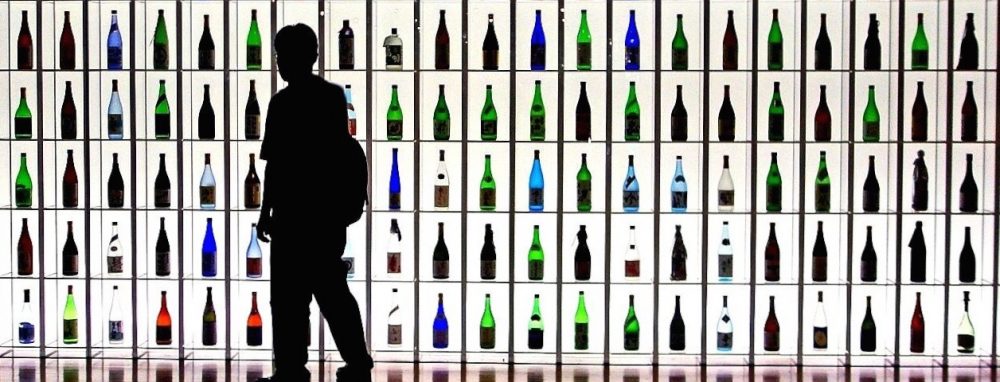Here’s the technical vocab to make the right pronouncements and how to avoid gaffes if you’ve gone ga-ga for the grape.
Part I The Right Adjectives
|
Abboccato |
slightly sweet |
|
Amabile |
decidedly sweet |
|
Ampio |
with a complex bouquet |
|
Armonico |
exellent rapport between taste and aroma |
|
Corto |
“short” on flavor |
|
Decrepito |
aged too long |
|
Leggero |
contains low alcohol content |
|
Magro |
lacking body and depth |
|
Maturo |
aged accurately, to be drunk immediately |
|
Persistente |
a “persistant” aroma |
|
Torbido |
cloudy, lacking in color |
| Vinoso | aroma that recalls must |
Part II “Ma sei fuori?”
|
Astemio/a |
"teetotaler” No grazie, sono astemio” |
|
Un sorso/una goccia |
a sip/a drop “Si, ma solo un sorso” |
|
Alla nostra!/alla nostra salute! |
to our health! A noi! lit. “to us!” Avoid, unless to impress neo-fascist pals with tribute to Mussolini. “cin cin” is the usual thing to say. |
|
Facciamo il bis? |
How about another round? (fam.) |
|
Brillo/a |
tipsy |
|
Su di giri |
a bit high |
|
Fuori |
(fam) var. come un balcone/terrazzo (out there, like a balcony or terrace) |
|
Sbornia (fam) |
get smashed |
|
“Ho preso una sbornia" |
I got really drunk |
|
Dopo-sbornia |
hangover. Not frequently used as rarely admitted. |
|
Alzare il gomito |
lit. “lift up the elbow”. Common euphemism for hangover: “Ho alzato un po’ troppo il gomito” |
NOTE: Italians consider being drunk in public bad form so stick to “brillo” or “su di giri” in most situations.
Better still, if someone accuses you of being drunk “Sei fuori?” respond “Noooo, solo un po’ brillo.”
The direct translation of drunk “ubriaco” can be a bit heavy, though commonly the 20 year-old crowd says things like “Ero ubriaco fradicio” (I was soaking-wet drunk).
“Ubriacone” means an alcoholic.

Pingback: zoomata :|: a close-up on italy » Blog Archive » Designated Driver Gets a Bottle of Fine Italian Wine (To Take Home)